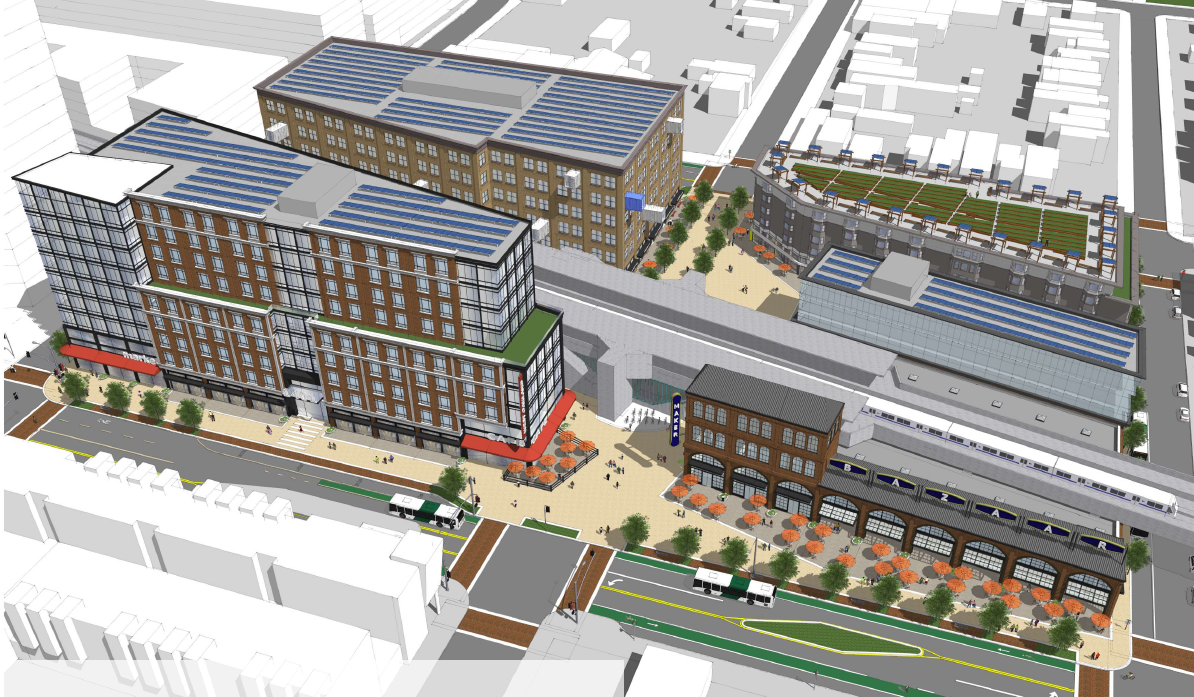San Francisco State Senator Scott Wiener's transit-oriented housing bill, S.B. 50, the More HOMES Act, is gaining momentum and endorsements. The latest is kind of a natural one--BART.
From a release from Wiener's office:
Today, the BART Board of Directors voted to endorse Senator Scott Wiener’s (D-San Francisco) S.B. 50, the More HOMES Act. S.B. 50 eliminates hyper-low-density zoning near public transit and job centers, thus legalizing apartment buildings and affordable housing in these locations so that more people can live near transit and near where they work. S.B. 50 will help make housing more affordable and reduce carbon emissions by allowing people to live closer to where they work and closer to transit. S.B. 50 also reduces or eliminates minimum parking requirements for new developments.
"BART has an ambitious plan for transit-oriented development at BART stations, with the goal of 20,000 housing units, including 7,000 affordable units by 2040. Even when we meet this goal, that won't be sufficient to address the Bay Area's housing crisis or to produce enough housing near transit,” said BART Board District 3 Director Rebecca Saltzman in a prepared statement. “S.B. 50 will help ensure the production of more housing around BART stations, addressing housing needs and reducing greenhouse gas emissions."
The bill already had the endorsements of the Natural Resources Defense Council (NRDC), CALPIRG, Environment California, the California League of Conservation Voters, and others.
S.B. 50 is, of course, a revamp of the failed S.B. 827. That was Wiener's last attempt at a transit housing bill to bust through the juggernaut of local opposition to density that leaves so many transit hubs with nothing around them (or only allows for low-density).
For example, in S.B. 50, tenants of mobile home parks have the same protections as other tenants in order to protect against displacement. There is also a mandatory affordable housing requirement of 15-25 percent low-income units, depending on the size of the project, and includes options to meet the requirement by providing "very low-income units."
“To meet California’s climate goals, we must reform our approach to housing and legalize more housing near jobs and public transit,” said Wiener. “It’s not sustainable to mandate low-density zoning near jobs and transit. Doing so forces people into crushing commutes, covers up farmland and open space, clogs our freeways, and increases carbon emissions.”
S.B. 50 was introduced on December 3, and will be set for hearings in April, according to Wiener's office.







